20 years of meeting your permanent, temp, contract and bulk employment needs
We’re in the business of matchmaking: developing careers, building your business, and outfitting you with the team you need to do your best work
Listening and understanding first, whether you are a job seeker or employer, our experienced team are passionate about matching people with people. Responsive, intelligent, empathetic, and human-centric, we will find your fit be it short or long term, immediate single and bulk resource fills or individual career placements. Our business is to understand you and what you are looking for; our reward is finding your perfect match.
20 years of meeting your permanent, temp, contract and bulk employment needs
We’re in the business of matchmaking: developing careers, building your business, and outfitting you with the team you need to do your best work
We specialise in sourcing talent, finding each candidate’s best fit, and end to end recruitment.

Employers
If you’re an employer, we can help you source the best talent to build your team. Employer services also include:
Talent sourcing
Contract + Temp talent
Bulk recruitment
Permanent placements

Job Seekers
Looking for your next perfect role? With connections to employers across a broad range of industries, we can help you find your next best fit.
Talent placement
Contract + Temp roles

RPO
Our recruitment process outsourcing partners with you to support all or parts of your talent acquisition strategy. From position descriptions to onboarding, we have professional, experienced consultants and end to end outsourced HR capabilities.
Whether you’re searching for a new position or looking for your ideal temp, contract or permanent candidate, we can help.
We value our clients and candidates alike and take pride in giving the best possible customer experience every time.
Recruitment is about people, meet our team who take your employment needs as personally as you do
We’re trusted
Our clients are among the best and brightest around Australia. We’ll work with you to find the best solution for wherever you find yourself now, whether you’re a jobseeker or on the hunt for talent.








Numbers in action
Striving to deliver the best results for our clients and candidates.
Fill rate
Successful placements
Total clients assisted

Ready to start the journey?
Search positions or find talent online, or get in touch with us via email. We can’t wait to meet
Our core values
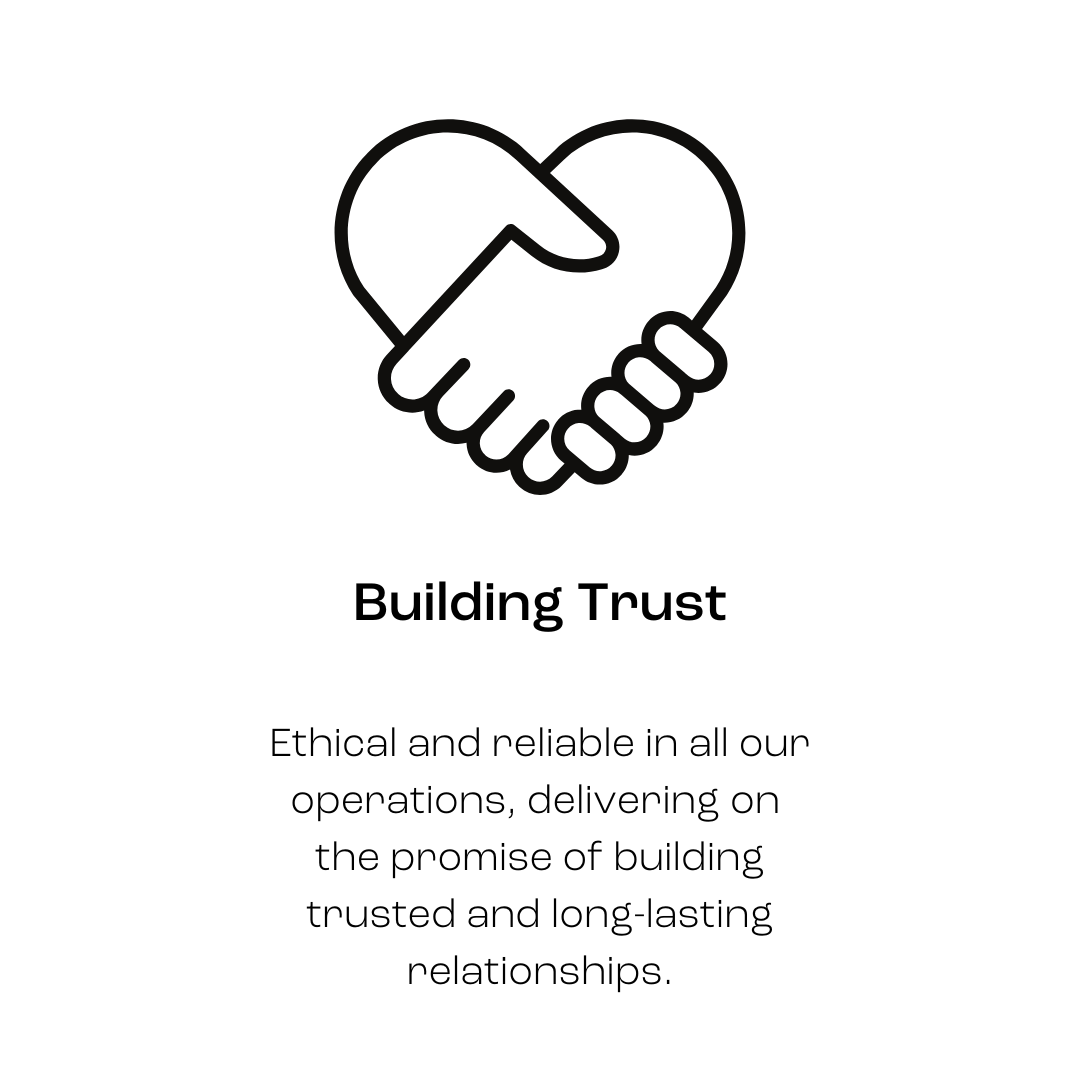
Slide title
Write your caption hereButton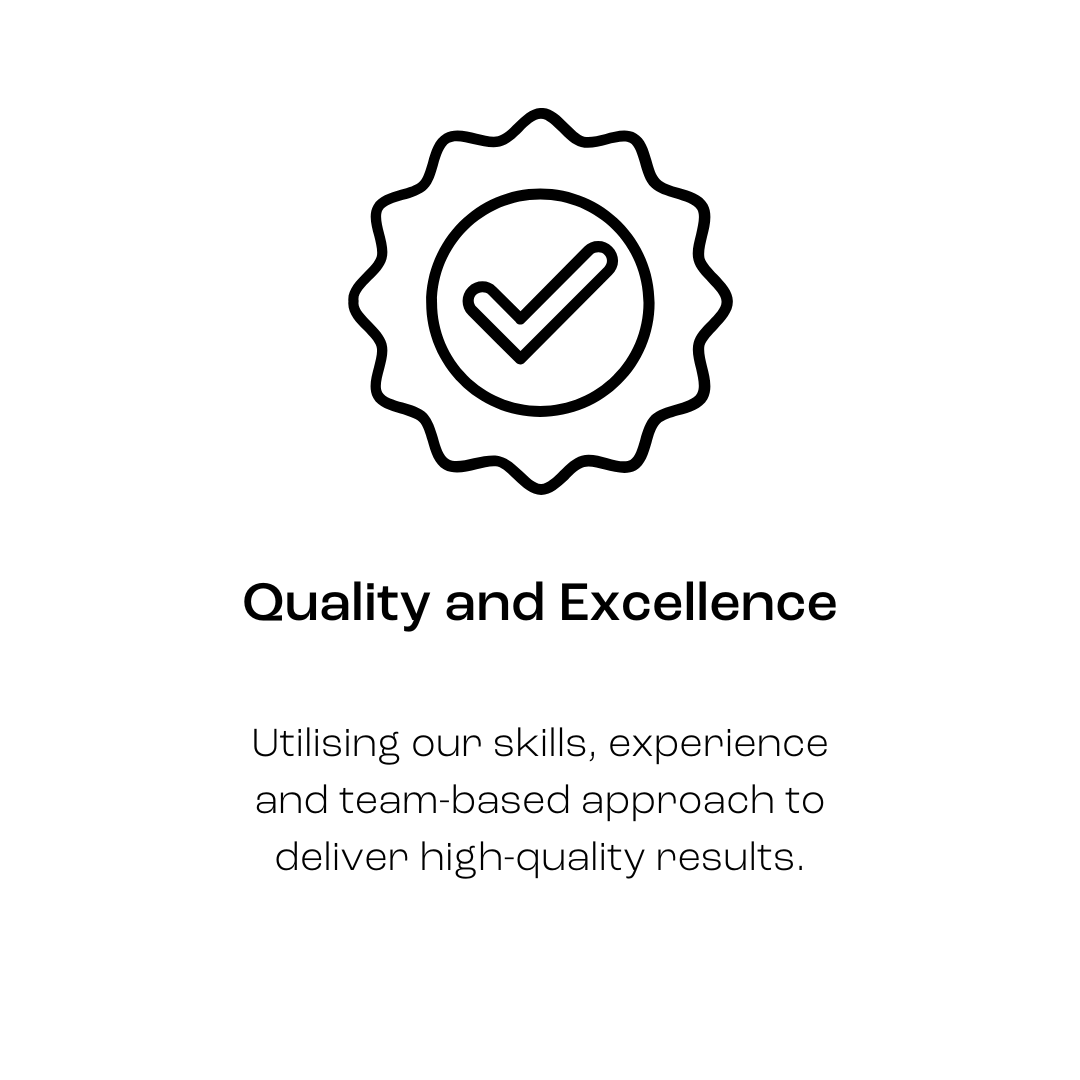
Slide title
Write your caption hereButton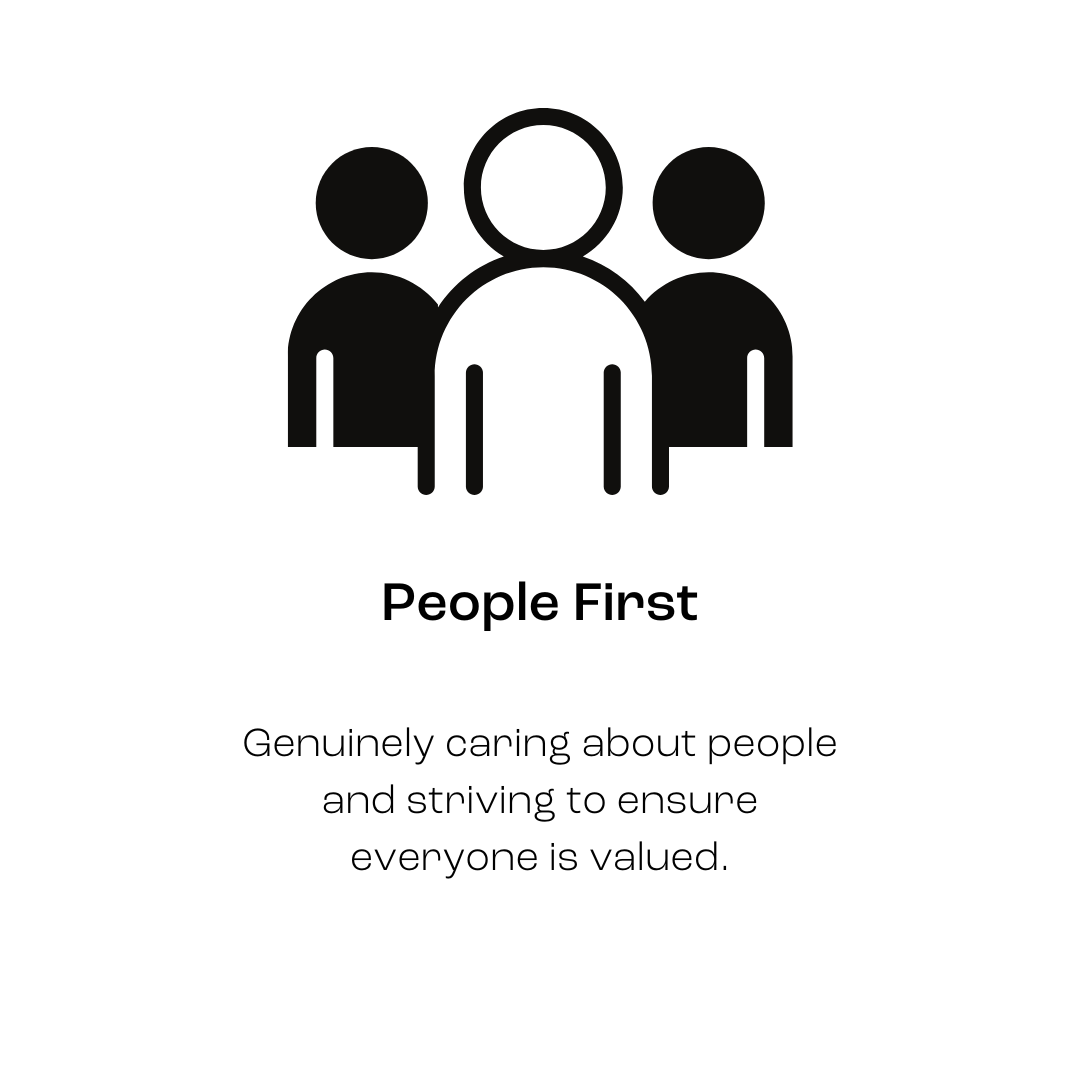
Slide title
Write your caption hereButton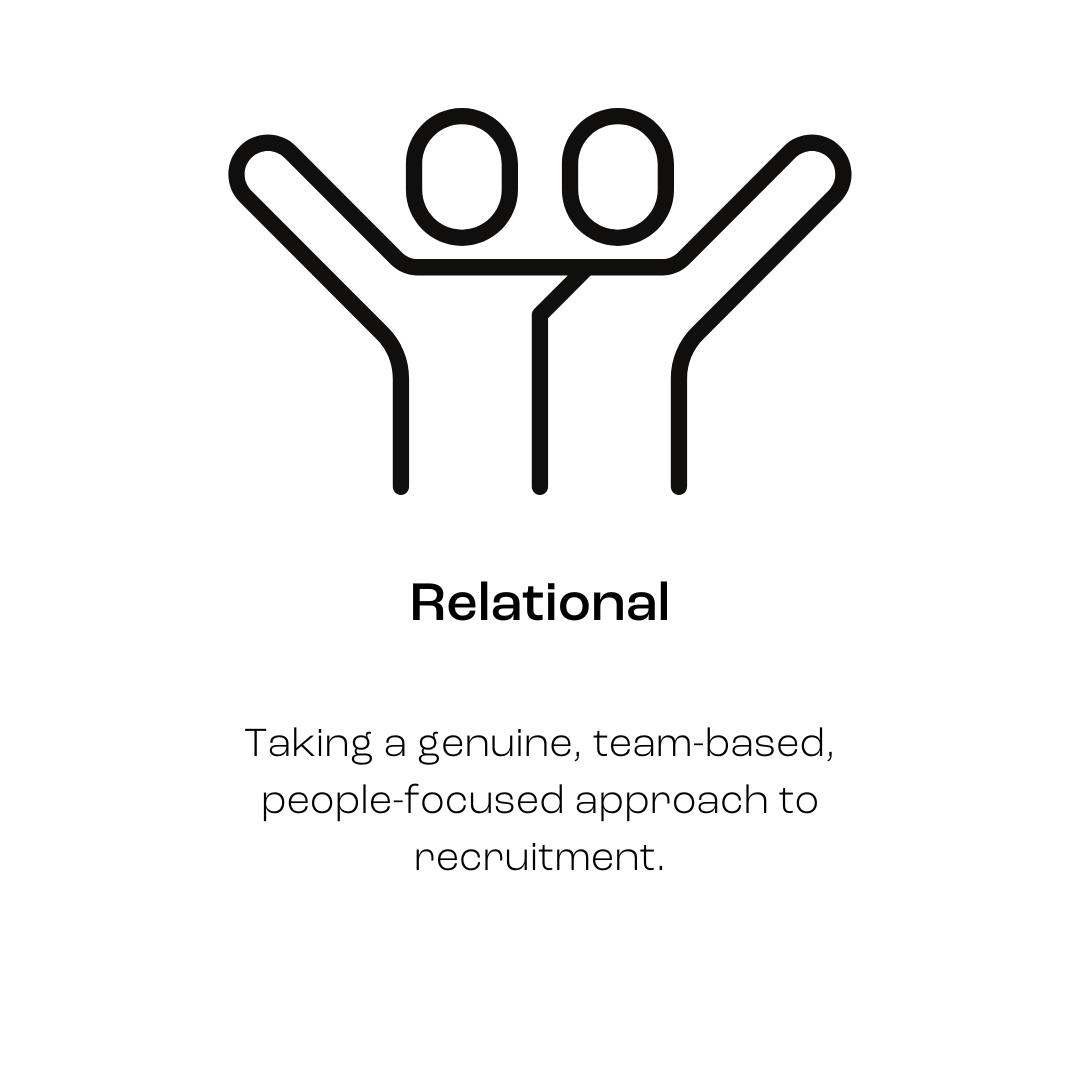
Slide title
Write your caption hereButton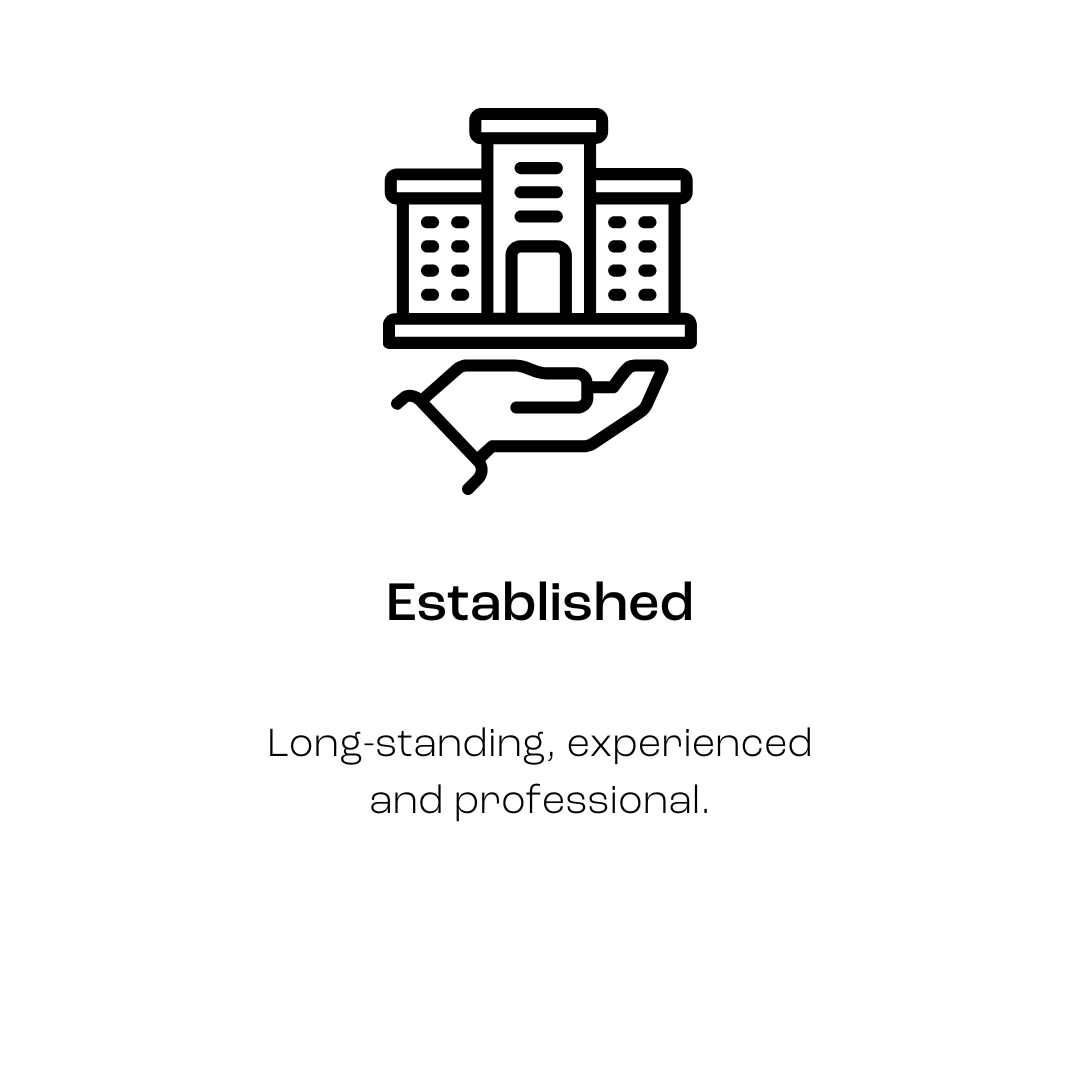
Slide title
Write your caption hereButton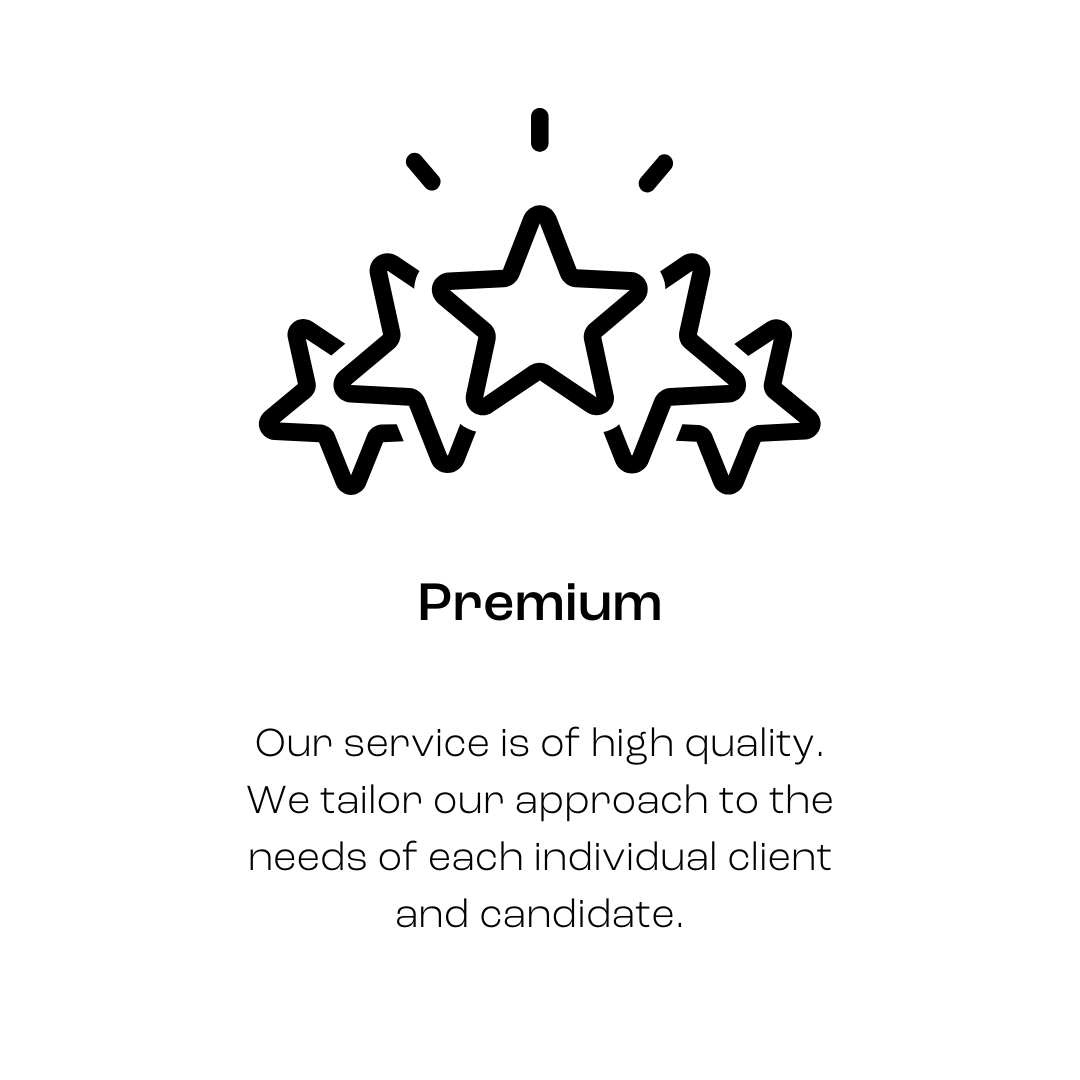
Slide title
Write your caption hereButton
Slide title
Write your caption hereButton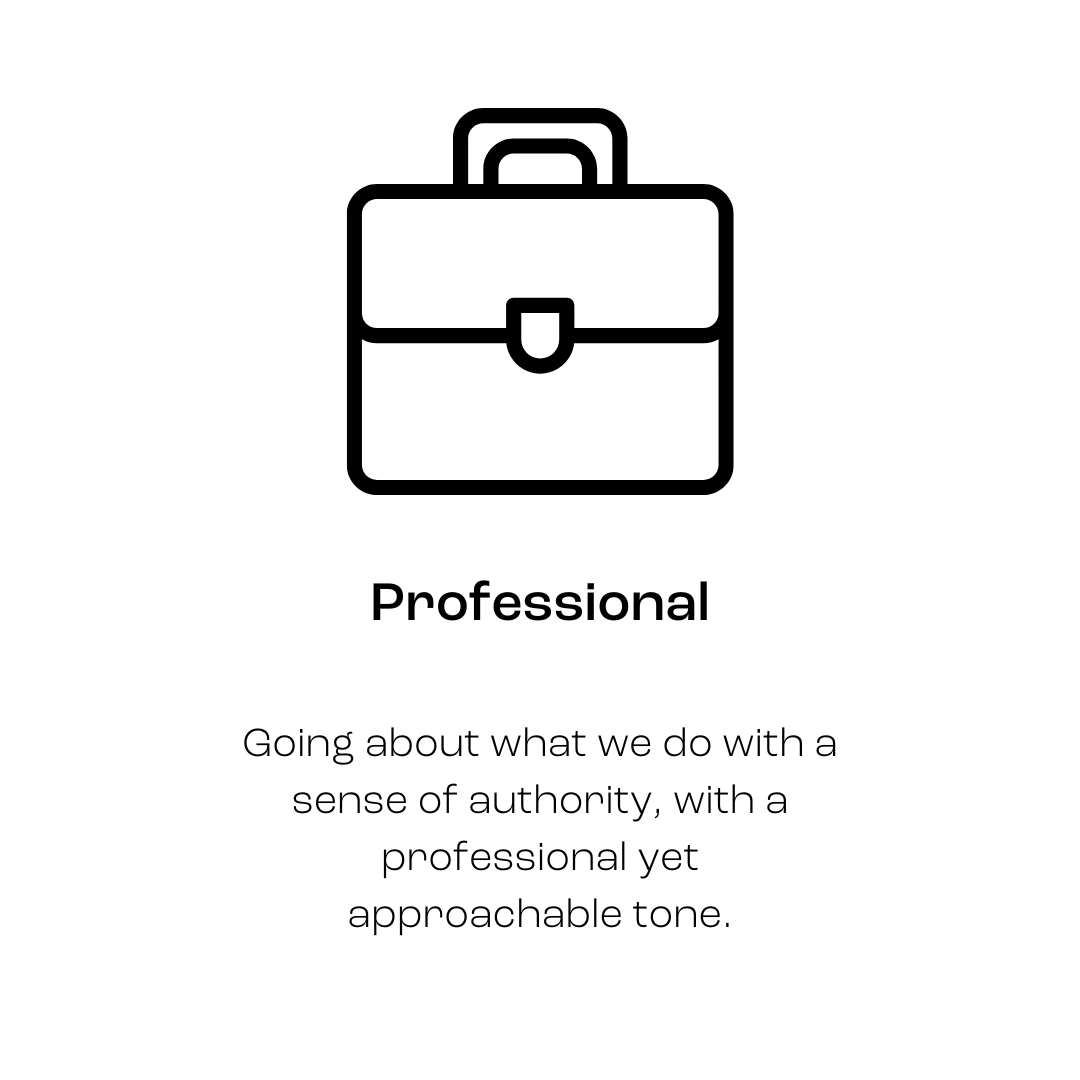
Slide title
Write your caption hereButton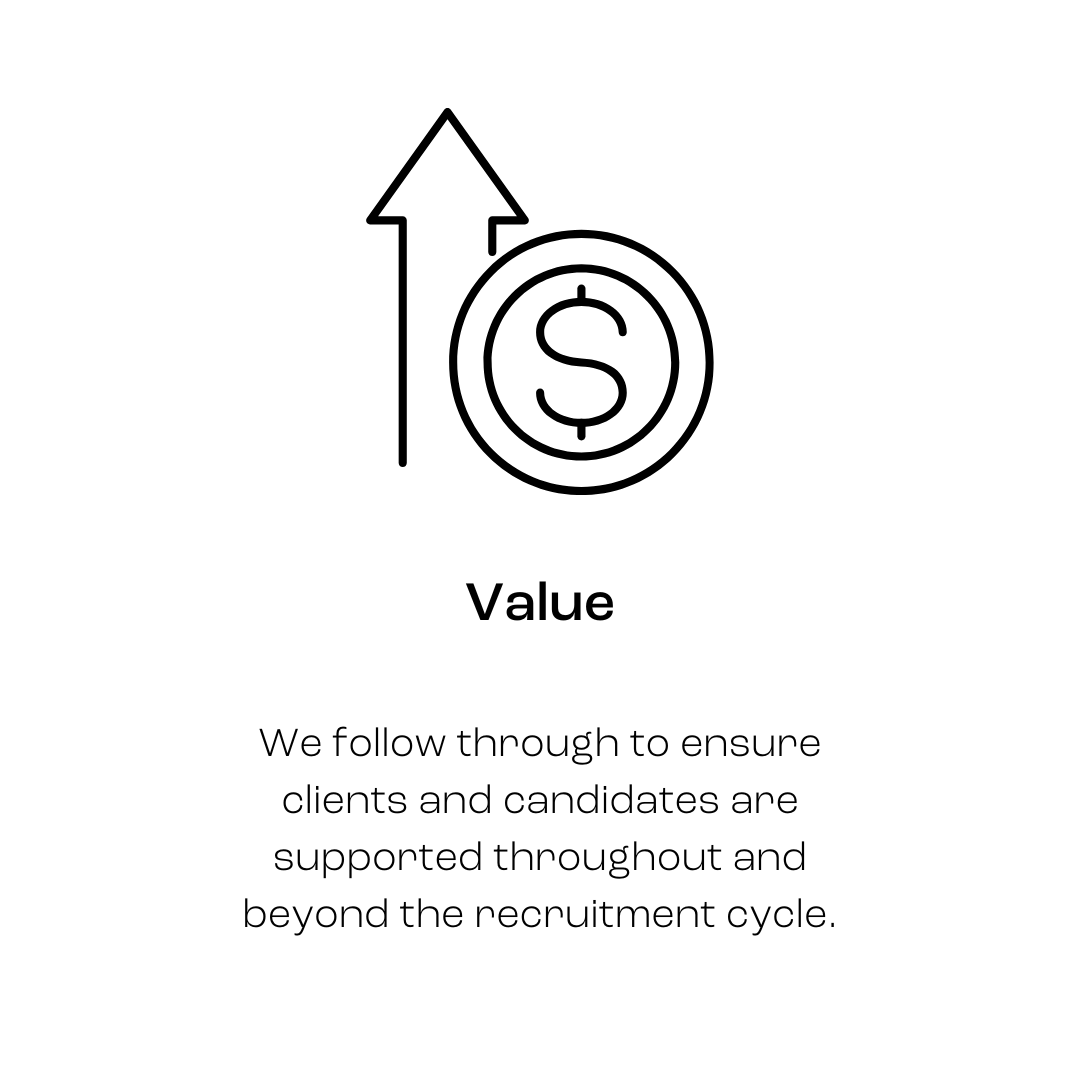
Slide title
Write your caption hereButton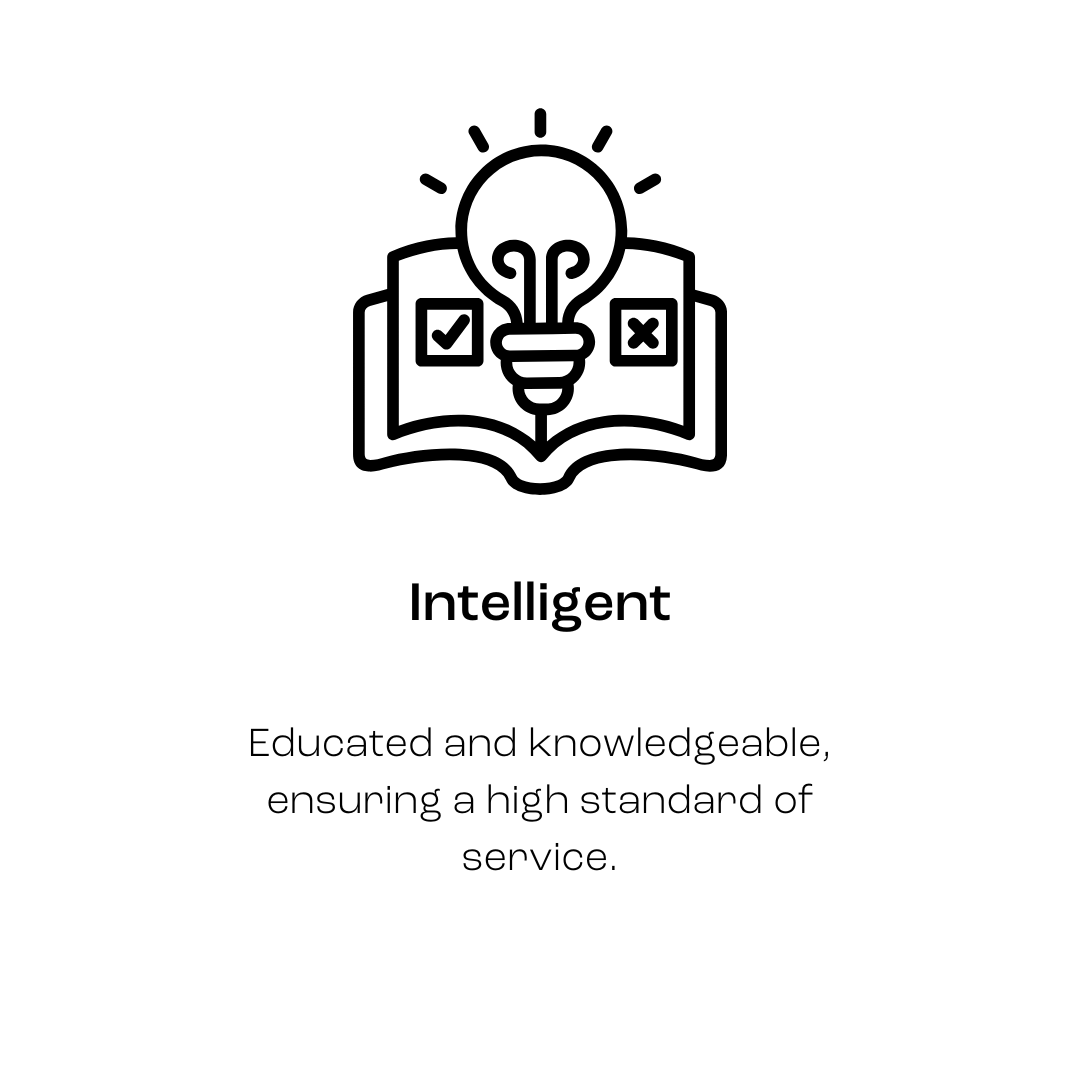
Slide title
Write your caption hereButton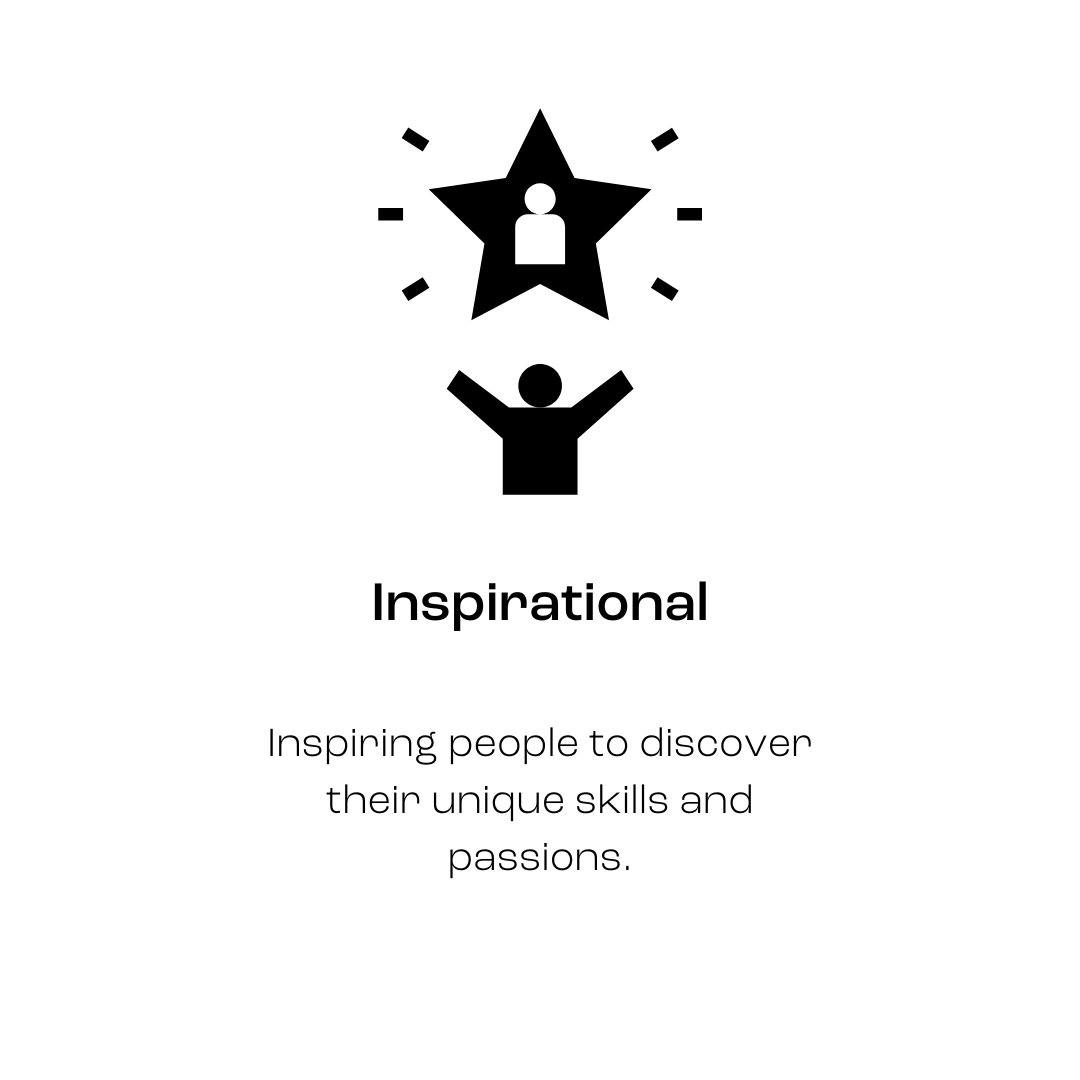
Slide title
Write your caption hereButton
On the blog






